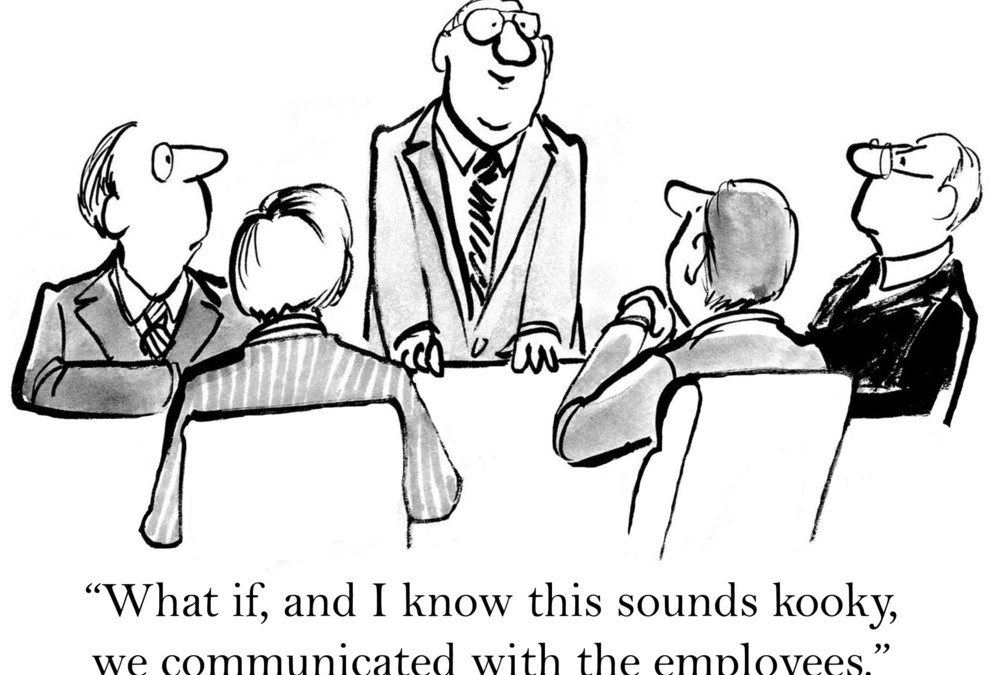In this very competitive marketplace a successful business needs not only a great company vision but great managers to see it through.
Examine any successful company’s business module and you will find a great manager there turning each goal into reality. A great manager understands how to take hold of a company’s vision and translate it into processes and procedures that will accelerate their staff to the top.
How these managers communicate their message to their teams is one of the keys to their success. Without exceptional people skills, managers will never be able to help coach their team through their learning curve, through their successes and more importantly, helping them through their struggles.
We are all here today and in our current positions because many people took the time to teach us how to succeed. From our parents to our teachers, our friends, to coaches in sports to business people, if you took the time to think about how many people impacted your life through teaching or coaching, it is overwhelming.
The best of this list made an impact because they took the time to show you how to do something and you applied the training and learned. That is the mark of a great manager.
So how did they do it? Excellent communication.
How many of you in sales or service have heard the following:
- “Good job. Keep it going”
- “Your numbers are dropping – let’s get it rolling.”
- “You’re killing it today.”
- “Come on, I know you can do better than that.”
- “Last month we missed our sales goal. This month we need to knock it out!”
In my many years of delivering training to managers, I cannot tell you how many times I have had to address these same issues. You probably had a few others that come to mind as you read that list.
So, can anyone tell me how the employee is able to improve from that feedback? The answer is they can’t.
Let’s first address the “Good job, keep it up” feedback.
My first response to the manager would be, “What is ‘it’? Could you be more specific?”
All feedback must be specific.
Maybe the manager could have said, “Great job. You are asking the proper questions we designed to discover the customer’s needs. Keep that up.”
Now, that is something they can repeat. It is a specific action that the employee can duplicate. There is no misunderstanding that could leave the employee to say, “I thought you meant something else.”
All feedback must be an action the employee can emulate.
Helpful hint: When you think of feedback to deliver, if you cannot get up and demonstrate how to do it, then you are not being clear enough.
This type of feedback makes your follow-up easier. When you return, the person either will be doing it or not. If they are, then again, compliment them, as this locks in the behavior and they will continue to achieve results. If they are not doing what you need, it will be easy to get them back on track as long as you are specific about what you expect them to do.
Now let’s look at another popular feedback phrase: “I need you to pick up your numbers.”
My response to the manager would be, “How could they pick up their numbers? Did the numbers fall on the floor?” Sarcasm aside, I want each manager to realize what they are actually saying versus what they really may be trying to communicate.
What they could say instead is, “I need you to listen to what the customer is asking so you can provide the correct information. This way you will book more service appointments instead of dropping so many calls out of frustration. This will lead you to close more sales.”
Again in this case, the feedback was detailed and included specific behavior they can continue to carry out.
One last point: We need to discuss the opposite of a good communicator. In my experience, unsuccessful communicators fall into two categories.
- The “Love to Hear Myself Talk” teacher. They take too much time, too many examples. Somewhere during the training, they are focused on how smart they are, how well they are doing and lose their audience. The listener shuts down and stops hearing what is said. This in turn frustrates the teacher and both spiral into a place where nothing can be taught or learned.
- The “Look How Much I Got Done” teacher. They are focused on speed and moving on to next task. This type of teacher assumes everyone picks things up as quickly as they do. They do not take the time to make sure the information is anchored in and able to be applied properly. They come across as if they are talking down to the staff. Then upon review, the people do not grasp what was taught and the teacher would never think it was their fault and the listener spirals to the place of no learning.
Managing a successful team is teaching people to change behavior to achieve success. If you are not willing to put in the effort to correctly communicate what you are expecting, then you are wasting everyone’s time. Have patience and a sense of fun. If you are not enjoying the process, why should anyone else?
Let me know your thoughts
If you liked this article, please share. I would appreciate it greatly


 Follow
Follow